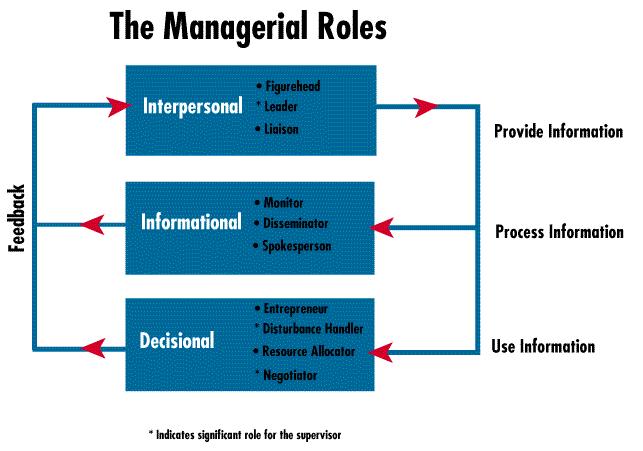Elton Mayo’s Hawthorne Experiment and It’s Contributions to Management
The term “Hawthorne” is a term used within several behavioral management theories and is originally derived from the western electric company’s large factory complex named Hawthorne works. Starting in 1905 and operating until 1983, Hawthorne works had 45,000 employees and it produced a wide variety of consumer products, including telephone equipment, refrigerators and electric fans. As a result, Hawthorne works is well-known for its enormous output of telephone equipment and most importantly for its industrial experiments and studies carried out.
Hawthorne Experiment by Elton MayoIn 1927, a group of researchers led by Elton Mayo and Fritz Roethlisberger of the Harvard Business School were invited to join in the studies at the Hawthorne Works of Western Electric Company, Chicago.… Read the rest



